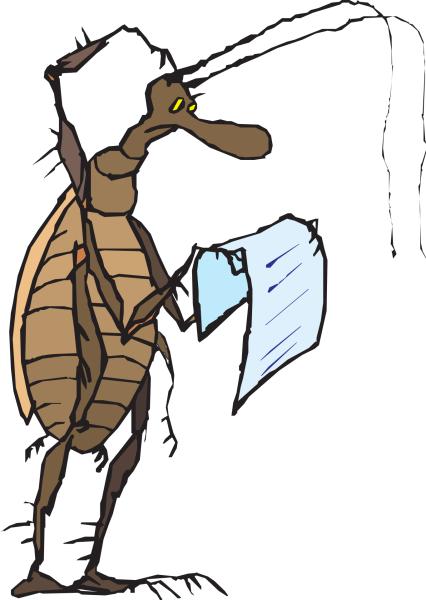“Mitochondria seem to be central to the very existence of a stress response, serving both as mediators of it and targets for the damage it can do. To some of the researchers involved in this work, the stress response even looks like a kind of coordinated action by mitochondria throughout the body that interacts with the neurological processing.”
Although the article is speculative, it does raise a host of exciting possibilities. We know that there are mitochondrial diseases, often fatal, so the possibility of mitochondrial impairment resulting in an alteration of our physiology is not a great leap. From Quanta, Mitochondria May Hold Keys to Anxiety and Mental Health
What does defunding the police mean? For some, it is ending policing entirely, for others, moving some of our current police functions to traffic/parking officers or social workers. As always, if you fail to know history, you are condemned to repeat it. That is why this most recent episode of 99% Invisible is so, so informative.
“Before the twentieth century, most Americans rarely came into contact with police officers. But with more and more drivers behind the wheel, police departments rapidly expanded their forces and increased officers’ authority to stop citizens who violated traffic laws. The Fourth Amendment—the constitutional protection against unreasonable searches and seizures—did not effectively shield individuals from government intrusion while driving. Instead, jurists interpreted the amendment narrowly. In a society dependent on cars, everyone (the law-breaking and law-abiding alike) would be subject to discretionary policing.”
This is, for me, an eye-opening history. It begins with speeding, moves on to bootleggers, and the Supreme Court, before pondering how transitioning those enforcement activities to people other than the police have fared. From 99% Invisible, Policing the Open Road (links to the transcript, for those looking for the audio version, it is here.)
“Burgers assembled from plant materials, with chemicals added, do not conform to their preference for traditional “whole foods” with minimum processing and no added ingredients. Mark Bittman, previously a food columnist at The New York Times and a prominent food movement spokesperson, faults imitation meats on these grounds: “If you’re combining a bunch of powders and turning it into something that looks like meat, I’m not sure you’re doing anybody any good. I don’t think it moves people in the direction of real food—which is the ultimate goal.”
Progressive food service companies and retailers join in criticizing the processed nature of plant-based imitation meats. Brian Niccoil, CEO of Chipotle, says he won’t serve plant-based meats “because of the processing.” Whole Foods CEO John Mackey, despite being a vegan himself, has a similar reaction: ‘If you look at the ingredients, they are super, highly processed foods.’”
Wired writes on the “unholy” alliance of the producers of real food, in this case, beef, with the foodies that are purest enough not to want to eat imitation meat. Interestingly enough, not a word anywhere on nutritional value, only the environment. From Wired, Foodies and Factory Farmers Have Formed an Unholy Alliance
Finally, a tongue in cheek discussion of the hard problem.
“Over the past century, scientists have unlocked many of the most profound secrets of bacon, eggs, oatmeal, and avocado toast, advancing our understanding of the day’s most important meal and ushering in a golden age of innovation. Yet there remains one problem that has proven frustratingly resistant to our efforts at resolution: What is often referred to as The Hard Problem of Breakfast.
The stubborn fact remains that, no matter how deeply we probe into the nature of bacon, eggs, oatmeal, and avocado toast—to say nothing of shakshuka, grits, bear claws, or dim sum—or the interactions between these fundamental building blocks and, say, orange juice or coffee and the morning paper, we simply have no convincing theory to explain how such disparate, seemingly inert components give rise to the phenomenon we subjectively experience as ‘breakfast.’”
From Nautil.us, The Hard Problem of Breakfast




